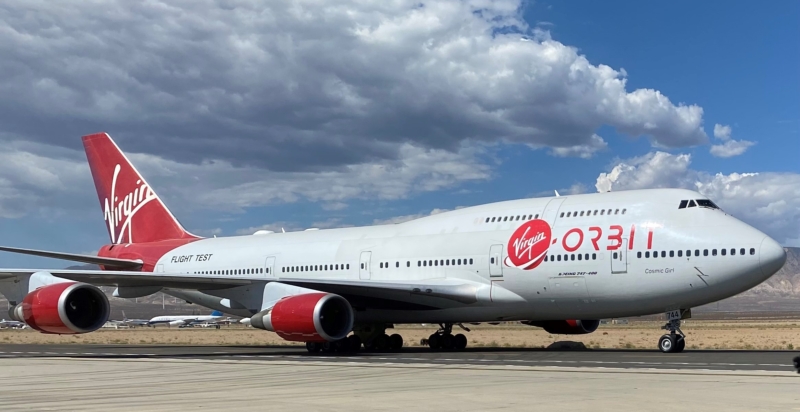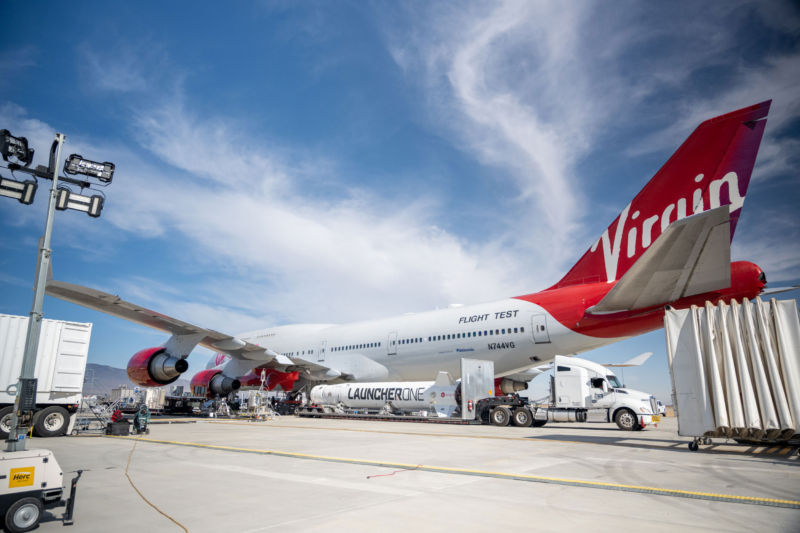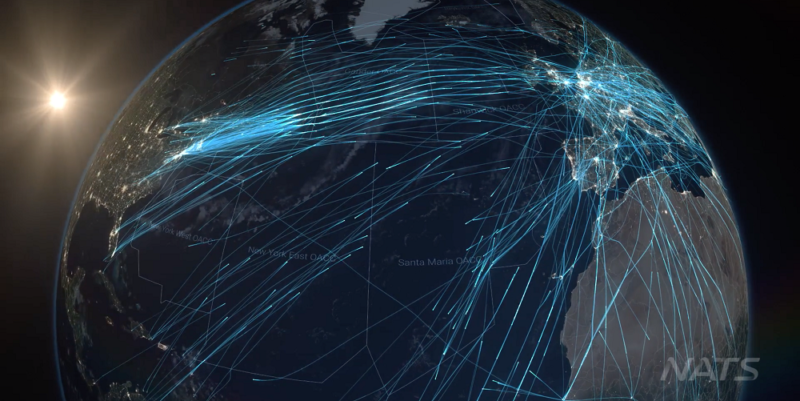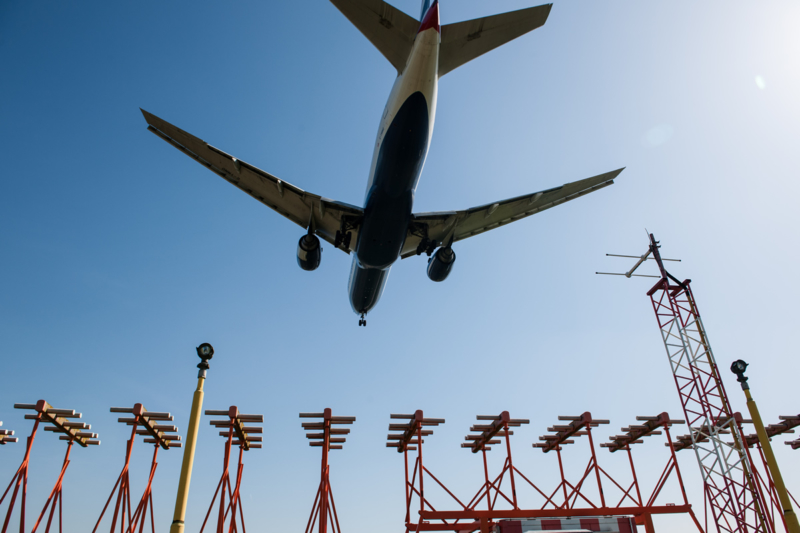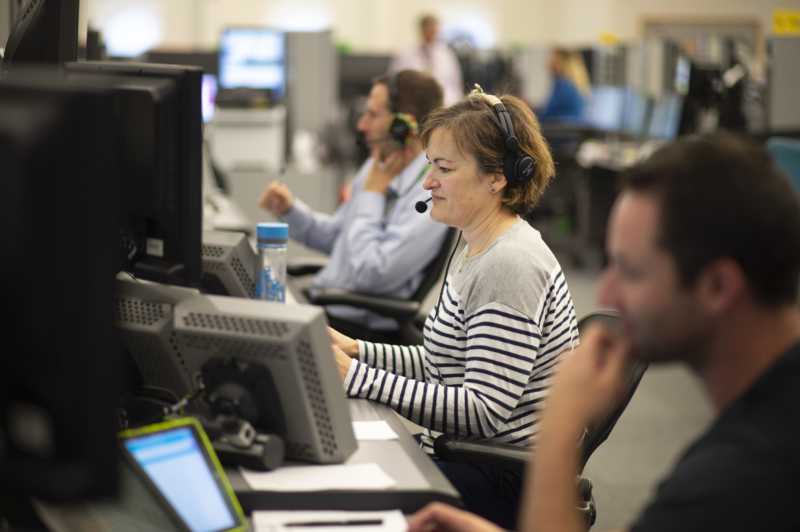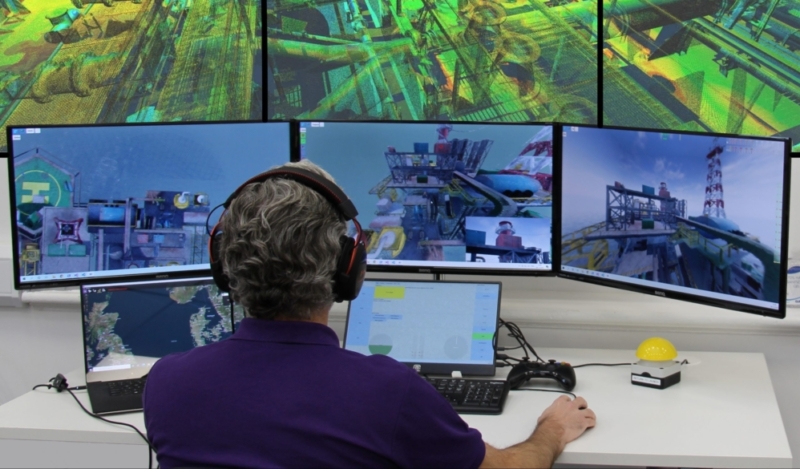Airspace
Controlling Cosmic Girl – An Historic Mission
26 January 2023It might not have been a successful mission for Virgin Orbit earlier this month, but it was a privilege to be involved in the UK’s first rocket launch, a major operation and a landmark moment for the country’s defence space strategy.
NATS is developing new concepts to improve ATM performance and environmental benefits. Sarah Dow, Advanced Tools & Concepts Lead, tells us more.
Preparing for a UK space launch
11 January 2023As we’ve all been avidly following in the news, Virgin Orbit has just attempted the first orbital space launch from the UK, an important milestone for the country’s space industry, despite the anomaly that occurred after the rocket had left the Earth’s atmosphere. While public attention has largely been on the development of the rocket and its payload, we have been working hard in the background for over a year, along with partners across multiple countries, to ensure that the necessary airspace was clear for the launch.
Small changes that are almost perfectly formed
13 December 2022Over the past two years, our Operational Service Enhancement Programme (OSEP) has deployed six tranches of change to airspace across the country, enabling some 30,000 tonnes of CO2 savings annually throughout the European and UK network, equivalent to the emissions from the energy usage of over 8,000 homes.
Answering your questions on Air Taxis and Urban Air Mobility
27 September 2022In August’s episode of Altitude, we had a fascinating discussion about the future of Urban Air Mobility and eVTOL ‘flying taxis’. We had some very astute questions from the audience, many of which we just didn’t have the time to get to during the live show. So, with that in mind, I wanted to address a few more here.
The NATS Analytics team – with backgrounds ranging from data science, mathematics and statistics to aeronautical engineering and air traffic control – was instrumental in producing the safety assessment that supported new oceanic global separation reductions and calculated the significant safety benefits due to the frequent and accurate positional updates.
Why a go-around is nothing to fear
23 August 2022Despite being a fairly regular occurrence in the world of aviation, an aircraft failing to land and trying again is always seen as something quite scary and dramatic when it’s spoken about in the media.
New technologies provide a huge amount of data – how we use that data is part of several European-wide SESAR 2020 projects in which NATS has been involved. In particular, the projects have been exploring how enhanced communications between aircraft and air traffic controllers (ATCOs) could enable environmental, safety, efficiency and cost benefits for the aviation industry.
Shaping controller validations of the future
12 July 2022While there are acute differences between our oceanic and domestic operations, there is a great deal we can learn from one to build on the other.
While the last two years have been extremely challenging for aviation, it has also given us an opportunity to find new ways of doing things without the pressure of intense traffic levels. New technologies are advancing rapidly and the way we travel, receive goods, pilot aircraft, and manage airspace are changing as a result.
